- Windows
Explore Material
Explore Frames
Explore Styles
Window Features
- Doors & Porches
Explore Styles
Explore Material
Get Inspired
- Conservatories
Explore Popular
Replacement Roofs
Explore Classic Styles
- Rooftrim
- About Us
- Contact Us
10 Years Guarantee
Made in Britain
55+ years in business
We'll match uPVC window prices
DREAMOLOGY WINDOWS HOME IMPROVEMENTS – THE UK'S NO. 1 HOME IMPROVEMENT PROVIDER
- Windows
Explore Material
Explore Frames
Explore Styles
Window Features
- Doors & Porches
Explore Styles
Explore Material
Get Inspired
- Conservatories
Explore Popular
Replacement Roofs
Explore Classic Styles
- Rooftrim
- About Us
- Contact Us
DREAMOLOGY WINDOWS HOME IMPROVEMENTS – THE UK'S NO. 1 HOME IMPROVEMENT PROVIDER
uPVC Windows
uPVC windows from Dreamology are secure, easy to maintain and have excellent energy ratings. Our uPVC window frames are available in casement, flush, sash, tilt and turn and fully reversible styles .
Choose from A or A+ double-glazing, or upgrade to A++ triple-glazed flush windows to get the greatest energy savings and retain more heat in the winter. Then, make a statement with made-to-measure uPVC windows customised in the colour and configuration of your choosing.
uPVC Window Styles
We'll match
uPVC window prices
Terms & Conditions apply
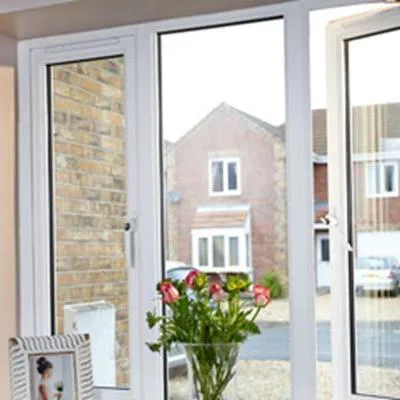
uPVC Casement
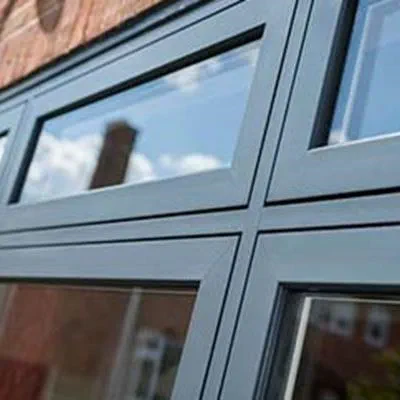
uPVC Flush
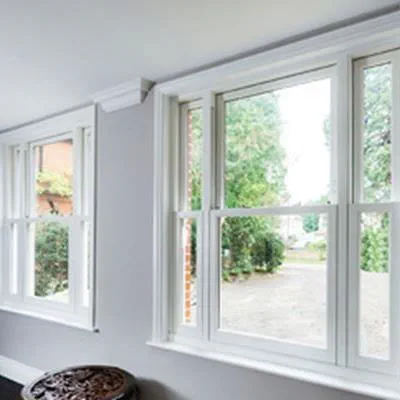
uPVC Sash
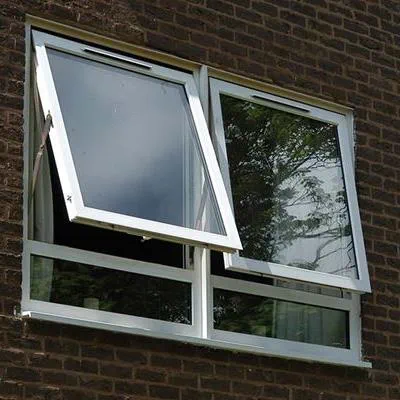
Fully Reversible
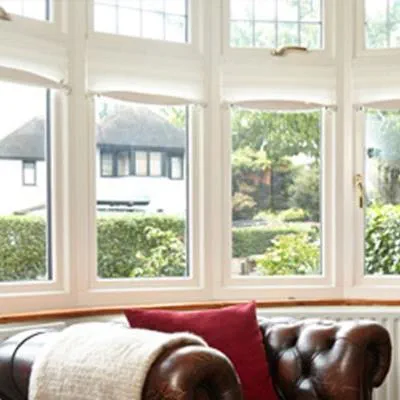
Bay Windows
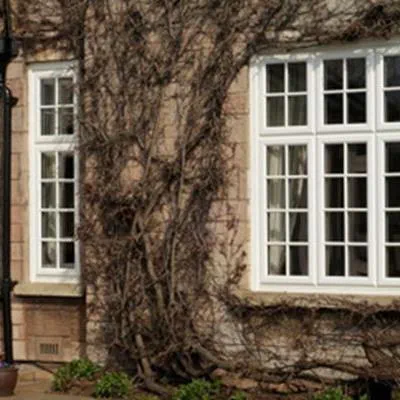
Cottage Windows
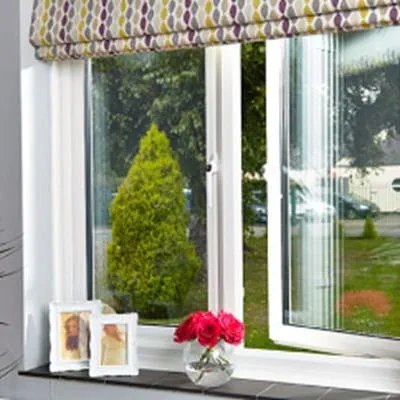
Tripple Glazzing

Tilt and Turn
Reasons to choose uPVC Windows
Our energy-efficient designs minimise heat loss, lower energy bills, and enhance your home’s comfort and style effortlessly.
Our products are Secured by Design accredited, ensuring enhanced safety and security for your home without compromising on style.
Durability is guaranteed, ensuring long-lasting performance and reliability that withstands the test of time and environmental elements.
Customer Reviews
I recently had new windows installed, and the service was outstanding! The team was professional, knowledgeable, and made the entire process seamless. I'm thrilled with the quality and look of my new windows. Highly recommend it!
Lucy Green
Dreamology Windows provided exceptional service during my window replacement. The staff was friendly and helped me choose the perfect style. The installation was quick, and I’m very pleased with the quality and appearance of my new windows!
Oliver Smith
I had a fantastic experience with my new windows installation! The team was efficient and attentive to detail. The quality is excellent, and my home looks amazing. I would definitely recommend their services to anyone looking to upgrade!
Emma Wright
Previous
Next
Choose Dreamology Windows for a National Company Local to you
Made in Britain
Our products are made from start to finish in a British factory by skilled craftspeople.
10-year Guarantee
A 10-year parts and labour guarantee is included in your Dreamology double glazing price.
Price Match
If you find cheaper like for like uPVC windows elsewhere, we'll match the price.
Your Questions on uPVC Windows Answered by Us
The average cost of uPVC windows will vary depending on the size and style of the window, energy-efficiency rating, installation fees and the quality of the brand you choose. uPVC casement windows tend to be the most cost-effective option. When you get new uPVC windows through Dreamology, the installation and any other work required is included in the price, so there are no hidden costs.
Depending on the quality and maintenance, uPVC windows can last for up to 20-25 years, with some windows lasting even longer. White uPVC windows in casement and tilt and turn styles from Anglian hold the BBA accreditation, which means they can last more than 35 years with the proper care.
Although they sound similar, uPVC and PVC are different. uPVC (unplasticised polyvinyl chloride) is stronger than PVC (polyvinyl chloride) which is more flexible. PVC contains two plasticisers – BPA and phthalates – which are removed in the uPVC manufacturing process. This is why uPVC is called unplasticised. Removing the two plasticisers makes uPVC much stronger and far more suited to windows, doors and building materials.
While retrofit installations do happen, we do not recommend that you leave existing wooden frames in place when fitting new uPVC windows. There are some big drawbacks including mismatching aesthetics and a decrease in the size of the window opening. We replace your existing window frames during the fitting process, regardless of your window frame material. Installing modern uPVC windows together with new frames ensures a perfect fit and the best thermal efficiency.
Low-quality uPVC frames are often thinner, whilst thicker frames tend to indicate better durability and insulation. A great wat to tell the quality of a uPVC window is to see how many accreditations are attached to it for quality, security and energy efficiency. The more accreditations, the better quality the window tends to be. Be sure to also use companies with endorsements and memberships of official industry bodies. Look out for energy efficiency ratings too – as higher ratings indicate higher quality construction.
Made in Britain
10 Years Guarantee

Uk’s Number 1
Home Improvement Provider
Want To Speak To An Advisor?
Give our team a call on 012345678

